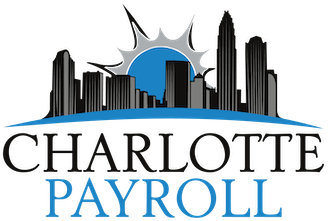If you are a small business owner, you understand the amount of work that it takes to get your venture off the ground. The amount of time, money and resources can be overwhelming. With the right planning and execution, your business begins to take form, and now all these sacrifices begin to pay off. You begin turning a profit, which means money is coming in and going out, and you need a way to track this movement. It’s time to call a tax professional. You want to not only find someone that you can trust with all issues tax related, but you want to find someone who you can count on as a trusted advisor.
There are three basic kinds of tax professionals, a CPA, a tax attorney, and an enrolled agent. Each one of these professionals has a specific field of expertise, so it’s important to know which services your business will need.
A CPA is a certified public accountant, who has passed the Uniform CPA exam, and who also met specific state and educational requirements. Not only can a CPA help you file your taxes, but your CPA can help you manage your cash flow, plan and achieve future goals, assess risks, keeping the books, and auditing. A CPA is licensed by the state, and must comply with continuing educational requirements to maintain their license. This make a CPA up to date on current tax code changes and general requirements, even though they may not specialize in business taxes.
An EA is licensed by the IRS, but only after working for the IRS for five years and passing an enrollment exam. Attaining this title is no small feat, and is fact the highest credential the IRS awards. Just as a CPA has continual education, so does an EA. Per the IRS website the enrolled agent “must adhere to ethical standards and complete 72 hours of continuing education courses every three years.” They have the right to choose which tax matters they will handle, which means they have unrestricted rights when it comes to representation of a client. Generally speaking, most EA’s can come at a lesser price tag than the other professionals on the list, but obviously with a remarkable understanding of the tax code.
A tax attorney is a lawyer who specializes in tax law, which as we know is a highly complex field. This type of tax professional is less popular amongst the three simply because they are brought on for highly specialized tasks. When starting a business, they can advise you on structure and tax treatment of the business. An attorney can be a great help when it pertains to a taxable estate, whether discussing strategies or tax returns. Also, anytime that you are under investigation or are being audited by the IRS, a tax attorney should be the first call you make.
Charlotte Payroll provides as standard our payroll tax filing services. We will draft and via EFTPS submit all taxes when due. Our tax penalty guarantee gives you peace of mind knowing your business is compliant! We have a team of dedicated professionals ready to assist you with all your payroll, time and attendance, and HR needs. We offer a full in-the-cloud experience that maximizes efficiency. Our SaasHR platform can be tailored for any size business to run on any device. Process payroll in minutes with our solution so you can get back to running your business.






